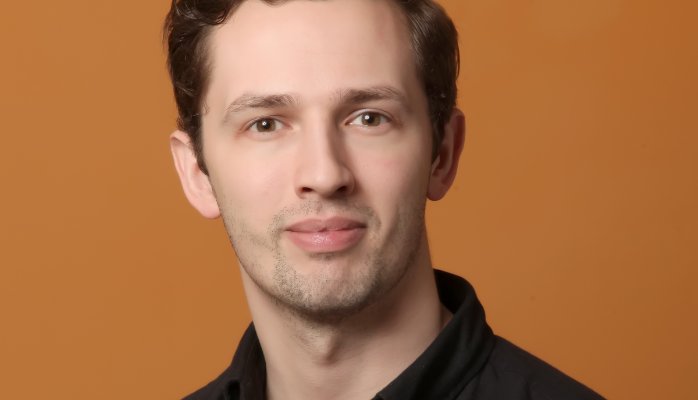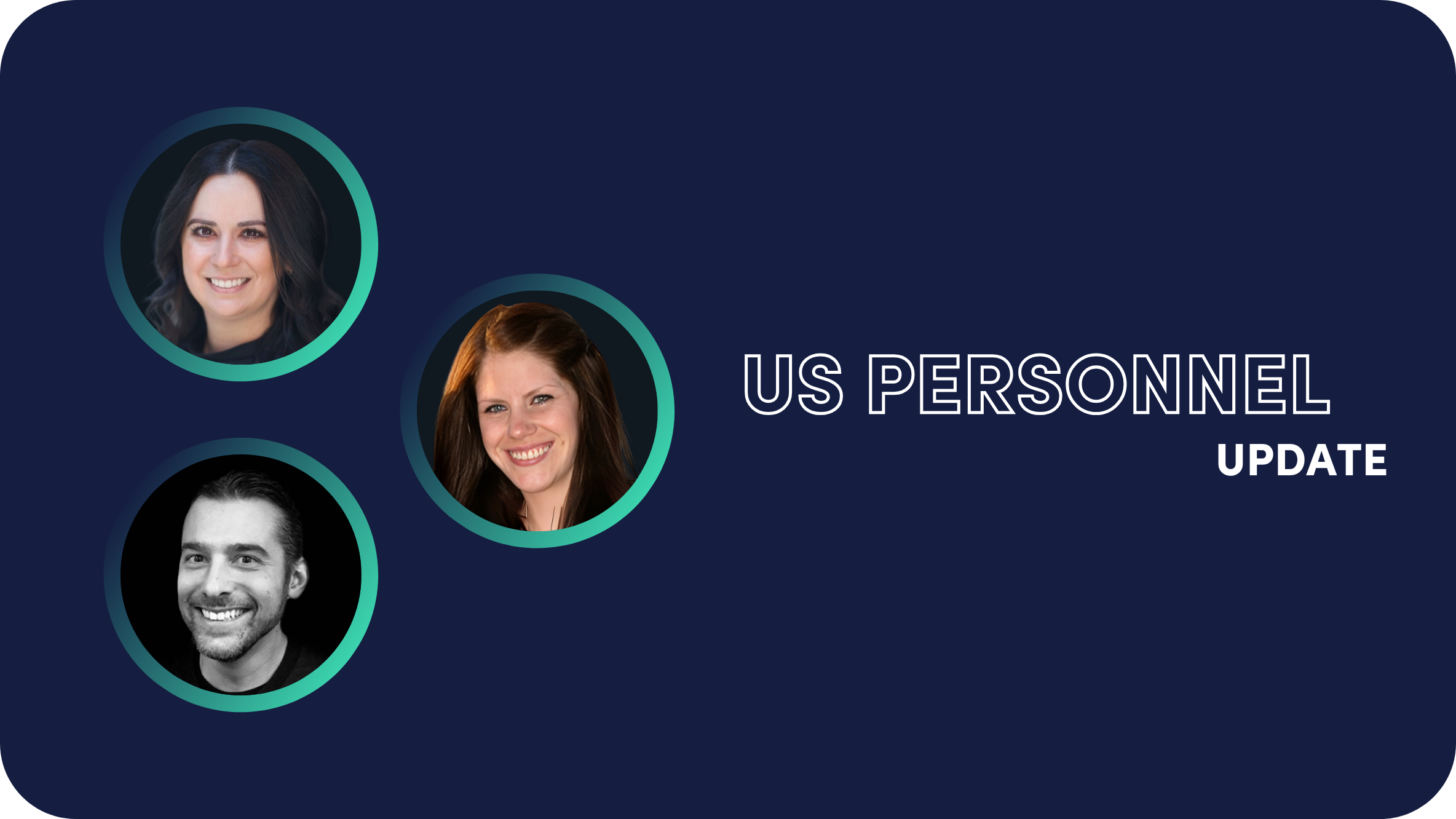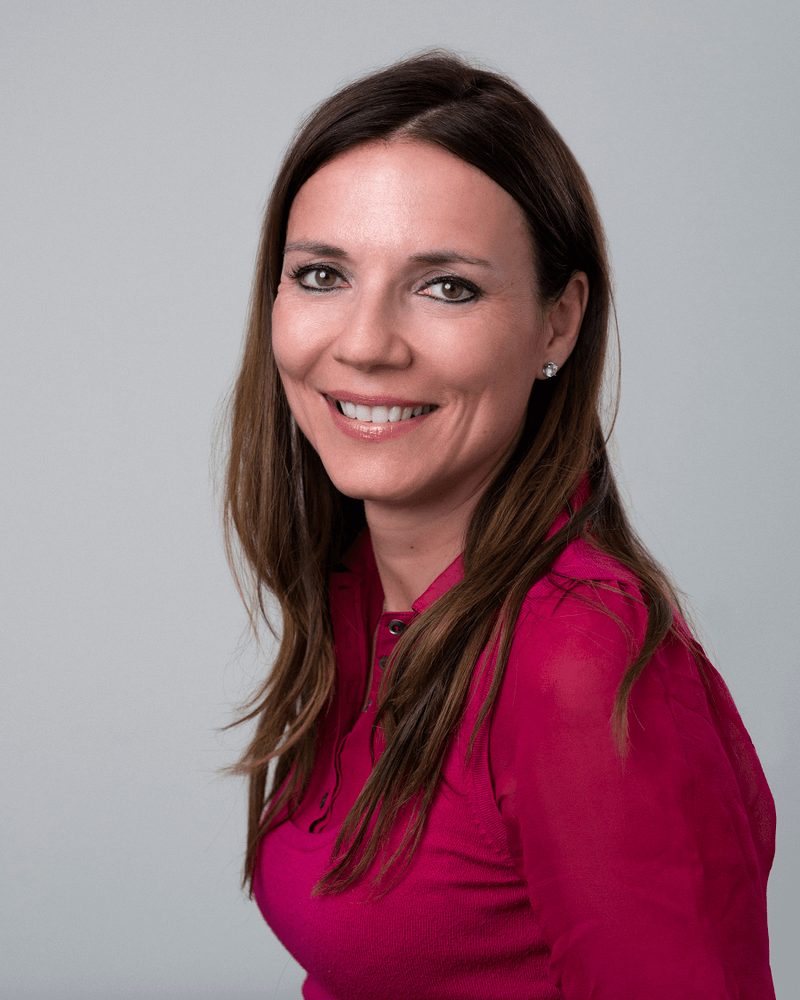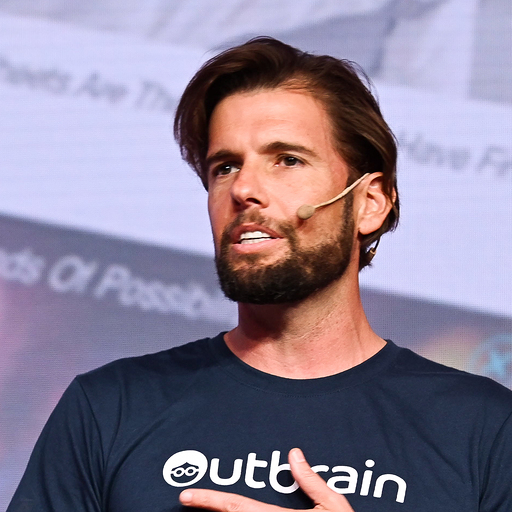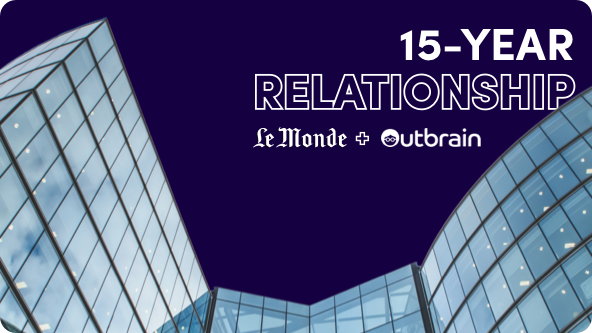Ask a Product Manager Anything: Part I – Ryan Schultz
Product management is a unique job. It requires so many skills on different axes.
So I set out to answer the following question:
What separates a good product manager from an average (or, God forbid, a bad) one?
I crafted a quick questionnaire and sent it to great product managers I know. While this obviously isn’t a scientific approach, I thought it would be of value to some of you.
Ryan Schultz is one of our product managers at Outbrain, working on media publishers’ content recommendations platform.
Q: What did you do before becoming a product manager?
A: I started my career in the corporate digital department of CBS Radio. At the time, this meant building a digital audience and diversifying our content strategy to monetize the emerging trends of streaming, mobile and video at a national and local level.
My role was to coordinate the rollout of corporate digital initiatives to CBS’s major-market radio stations.
Q: So how did you become a product manager?
A: I’ve always worn a lot of hats in my career. I think this is a great way to build up one’s capacity for empathy. In my role at CBS, a lot of those hats would have traditionally been worn by a product manager, but neither I nor my immediate department knew that at the time.
As the group evolved, we took on a wider portfolio and brought in a strong lead who helped identify the need to build up the product discipline. I always gravitate towards a chance to learn and challenge myself, so I reached out to join the team.
Q: What are the most important things you do as a product manager?
A: At its heart, product management is a series of conversations, a cycle of give and take. The most important thing you can do in a conversation is to listen. We learn by listening to what others have to say, giving them something to react to, and then watching what they do and say in response.
The beauty of coming to a conversation with an open mind is that you may end up in a much different and wider world than where you originally intended.
Put simply: listen, plan, but expect change.
Q: What are you most passionate about in product management?
A: I’m passionate about user research and the innovation that a solid understanding of your customer enables. The numbers may be the numbers, but humans are driven by emotion, and humans determine your product’s success or failure.
Getting to know your humans and the problems you’re trying to solve for them up front means less time and money spent on uninformed iterations; it also might present new avenues for innovation.
Q: What do you like most about your job?
A: My role at Outbrain presents opportunities to learn new things every day from really smart people with a wide range of perspectives. Bouncing between business development, accounts, marketing, technology and UX gives me the ability to be a well-rounded athlete in the world of tech.
Q: What resources do you recommend for learning how to become a product manager?
A: I’m definitely more of a DIY story myself, so I advocate that route. That said, the support network has really expanded in recent years. There are a lot of great articles online to get you started. I also recommend MeetUp and General Assembly if you have them in your area.
Also, look into Agile courses for certification as a Product Owner. Your current employer may sponsor these, especially if you are in project management currently. Personally, I find the Intercom Blog to be a great intro and overview of key disciplines.
If you are looking to grow, find a mentor in the field at a company you admire through your LinkedIn network.
Q: What do you think are the most important things to include in a product spec?
A: The purpose of any spec is that the team delivering the end product understands the problem they are solving for the user, what success can look like, and how to measure it.
Ultimately, you need to answer a variation on the 5 Ws:
- Who is the feature for
- What function(s) will it perform
- When will a user interact with it
- Where will the user interact with it
- Why will they need to use it
Along with these basic pieces, there should be a high-level understanding of strategic fit and where this spec lives within the product architecture. A good spec provides enough context that any member of your team could lead implementation of the first iteration without further input.
Q: What are the most important things to think about when working with engineering?
A: It’s very important to approach your engineering partners as such. Neither of you can deliver a quality product on your own, and you both bring unique skills to the table. Partnerships, like conversations, are a give and take. For all asks surrounding the product, it’s important to give your engineering partners the context, constraints and business priority.
Q: When hiring, what are the main qualities you look for in a product manager?
A: I look for people who are willing to learn, open to new ideas and criticism, and who ask questions to drive better understanding. I also look for people whose strengths can complement the team’s weaknesses. Most skills can be learned, but there has to be an underlying wish to improve and grow and make those around you better.
If there are questions you’d like me to pose to a product manager in upcoming interviews, let me know in the comments.
